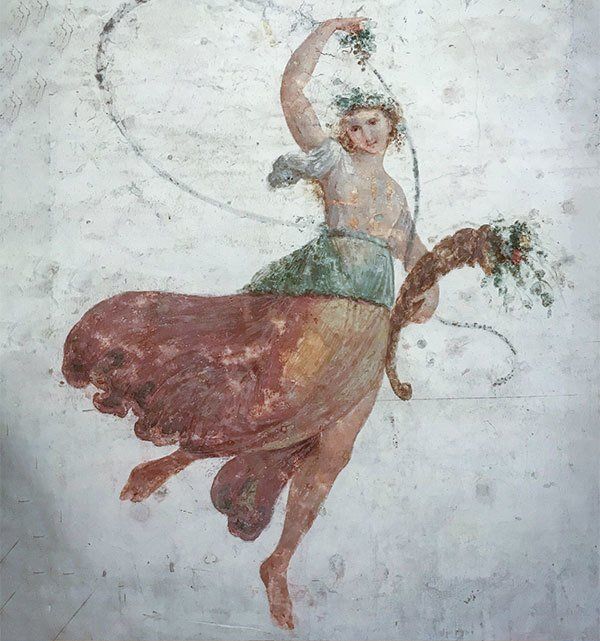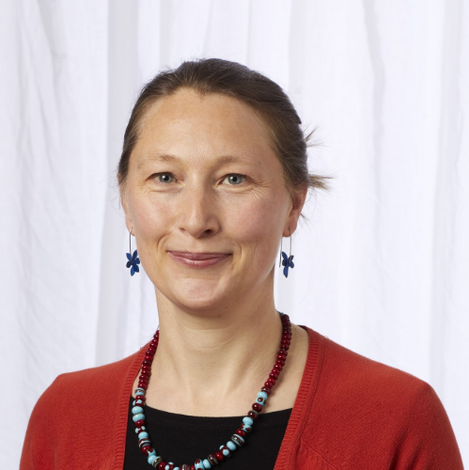About
The Australasian Centre for Italian Studies (ACIS) is …
... a lively connection point for the communities of Italianist scholars in Australasia and beyond. Its core mission is to promote teaching and research in the field of Italian Studies throughout Australasia.
Founded in 2000 in the wake of a substantial philanthropic donation by the Cassamarca Foundation in Treviso, Italy, ACIS is a Public Company Limited by Guarantee, registered with the Australian Charities and Not-for-profits Commission (ACNC) as a Charity and Not-for-Profit organisation. Tasked with stewardship over the initial Cassamarca investment, ACIS administers its annual income in a range of initiatives to further its core mission. These include: part-funding of the Cassamarca Appointments in Italian Studies at universities throughout Australia; hosting of a biennial conference; sponsorship of various Fellowships and Scholarships; promotion of key research initiatives; and awarding publication and other prizes.
ACIS is overseen by a Board with representatives from across Australasian universities where Italian studies are taught.
Read here for a
brief overview of ACIS and the Cassamarca Foundation. For a full account of our history, see David Moss and Gino Moliterno (eds.),
Italy under the Southern Cross: An Australasian Celebration of Dino de Poli and the Cassamarca Foundation (Sydney: Padana Press, 2011).
A downloadable PDF of this book is available here.
To keep up to date with ACIS activities, subscribe to our mailing list.
ACIS Celebrates its 20th Anniversary ...
Our Inspiration
Italy and Australasia have many points of intersection, not least the substantial communities of Italians who have made Australia and New Zealand their home, enriching and enlivening the cultures that they found. But perhaps surprisingly the relationship between the two areas of the world has a longer history, predating European settlement. The earliest printed description and illustration of the southern hemisphere’s unique stellar constellation, the Southern Cross, was made by an Italian, the adventurer Andrea Corsali (b. 1487). During Corsali’s 1516 ocean voyage from Lisbon to Cochin (Kochi), India, he observed a distinctive array of stars, unknown to the northern hemisphere. In a letter to his patron, Giuliano di Lorenzo de’ Medici, Corsali wrote of a “marvellous Cross” pointing to the South Pole. Giuliano was so intrigued that he had the letter printed. Today only four copies are extant, one of which was acquired by the State Library of New South Wales to whom we are grateful for permission to reproduce the relevant page of Corsali’s letter, pictured here atop N.I. Piscator/ Claes Janszoon Visscher’s 1652 Nova totius terrarum orbis geographica ac hydrographica tabula.
Image courtesy of the State Library of New South Wales
" apparisce una Croce maravigliosa in mezzo di. v. stelle che la circundano … con altre stelle che con epse intorno al polo fanno girandola … fa suo corso in xxiiii hore & di tanta belleza che non mi pare a nissuno celeste segno comparando : come nella forma dinanzi appare …”
"a marvellous Cross appeared in the middle of five stars which surround it … and of such beauty that to me no other celestial constellation can compare to it ...”
Our Patron
ACIS is delighted to have Santo Cilauro as its patron. A proud Italo-Australian, Santo Cilauro graduated from Melbourne University in Law and Arts. A founding member of Working Dog Productions, he has written, performed, shot, edited, directed, produced and provided catering for films such as
The Castle, The Dish and TV Shows including
D-Generation, The Late Show, Frontline, Russell Coight’s All Aussie Adventures, The Panel, Hollowmen, Thank God You’re Here, Have You Been Paying Attention?, Santo, Sam and Ed’s Total Football
and
Utopia. He has received multiple Australian Film Industry, Logie and Aria Awards, as well as a nomination for an International Emmy. He is also a recipient of the NSW Premier’s Literary Award and an ‘Italy In The World - Italia Nel Mondo’ prize for his work enhancing the image of Italian excellence in the Arts abroad.
Governance
The Australasian Centre for Italian Studes (ACIS) is a
Public Company Limited by Guarantee, registered with the Australian Charities and Not-for-profits Commission (ACNC) as a Charity and Not-for-Profit organisation. ACIS has its
Constitution, approved by its Founding Members and Directors of ACIS Board in 2024.
The Board and its Chair are responsible for the overall direction of ACIS and for stewardship of its monies in accordance with the Constitution and
Deed of Trust
signed by the Cassamarca Foundation and The University of Western Australia in 2001. Its Directors are academics from universities in Australia and New Zealand, elected from different states and from the principal areas taught under the rubric of Italian Studies – language, literature, linguistics, history, politics, culture, film, society, migration studies. The Board also includes a Project Manager (ex officio) appointed by the Directors.
The Board meets at least once a year, including at the biennial conferences. ACIS holds an AGM every year (in December)
There are also several other sub committees whose members are drawn both from the Management Committee and externally, according to relevant expertise:
- The Review Committee responsible for reviewing the annual reports from the ACIS Cassamarca appointees.
- The Scholarships Committee responsible for assessing applications for the annual ACIS-Cassamarca Scholarship/s for study in Italy by Honours, Masters by Research and PhD students enrolled in Australasian universities.
- The ACIS Save Venice Fellowship Committee responsible for assessing applications for the annual three-month Fellowship based in Venice.
- The Prizes Committees responsible for assessing applications for the publication prizes.









